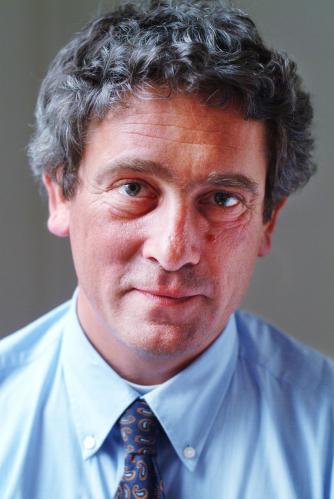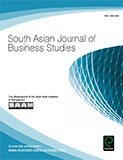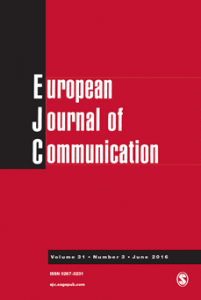
A university in Switzerland has come to the defense of a communications researcher found guilty of plagiarism — and sanctioned after facing additional allegations, including plagiarizing a former Pope.
On Jan. 18, the Swiss newspaper, Ticinonline, published a statement from the University of Lugano in response to recent allegations that Peter J. Schulz had plagiarized from Pope John Paul II (who died in 2005) and the English philosopher, Sir Anthony Kenny, in a 2001 book chapter. The university told the Swiss paper that it will not be opening a new investigation into Schulz.
In response to allegations of plagiarism in 2016, the university investigated and, in August 2016, temporarily suspended Schulz for the 2017 fall semester for misappropriating the work of others. (So far, Schulz has lost three book chapters—including the chapter where he plagiarized from the former Pope—and two papers. He’s also received three errata for plagiarism and failing to properly cite others’ work.)
Continue reading University defends researcher accused of plagiarizing former Pope







